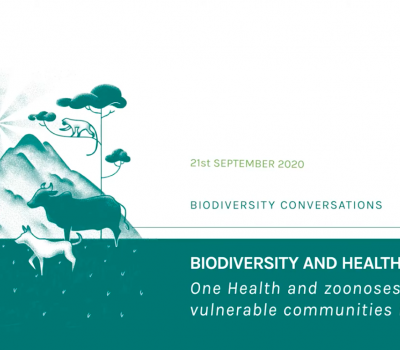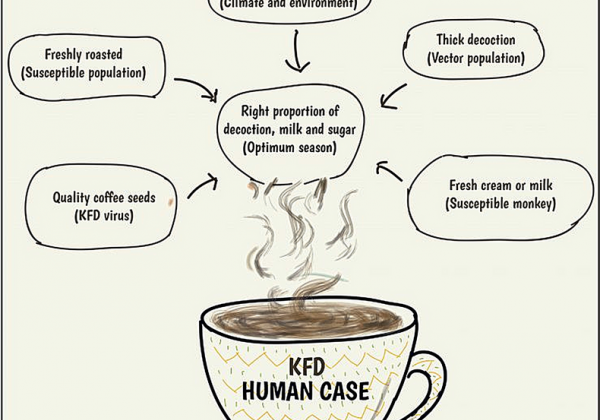One Health
This programme is targeted at exploring the multiple linkages between biodiversity, diseases, and human health, and examines risk factors for disease emergence at the wildlife-domestic animal-human interfaces. The programme also aims to examine the links between emerging and re-emerging infectious diseases (ERID) and ecosystem integrity to build a new agenda for the emerging vision of One Health.









